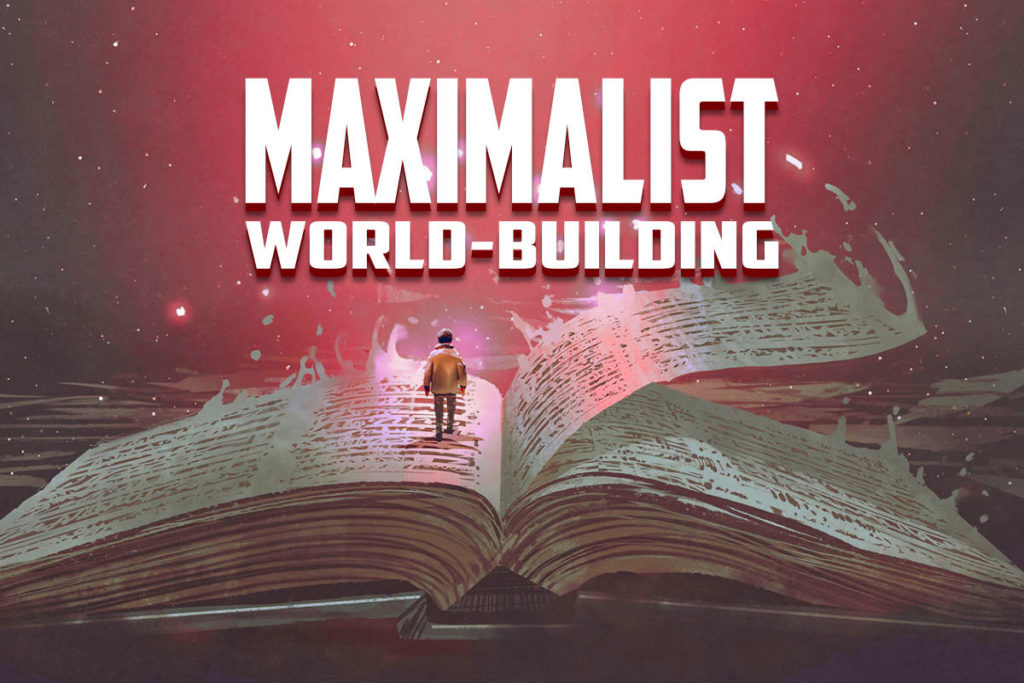
Listen In on the Conversation
What was this workshop about?
Honestly, I think you’re just going to have to listen to this one. I have been so amazed at the level of expertise that has been shared in these Workshops. Chris | EvilArtifact joins the ranks of excellent speakers from the Kiln and his insight into how we can broaden and optimize our world-building experience is a master class.
EDIT: I got Chris’ Notes! Check them out As soon as I get his notes, I’ll be sure to drop them back here because I did my best to jot down some of the points he presented and they don’t do it justice. This is what I got as I listened:
- Fill your game with Experiences and References
- Truthy vs Verisimilitude
- Aim for the most fun, least work
- The distinction between building a space to hold adventure, and a functional world
- Does it take more time to create a space to hold adventure in someone else’s world or your own?
- Deconstruct your influences and what is important to you
- Unless your Tolkien, you’re probably not Tolkien
- Middle out. Not top-down or bottom-up
- Writing words is cheap. Creating images is expensive
- Questions without answers are more valuable than answers without questions
- Brevity is key, but it’s a muscle. You have to work it
- Writing for ideas -> Writing for storage -> Writing for Publishing
- An explanation should generate questions, not just answers
Chris then went into nine Axioms that are pillars of this maximalist approach to world-building. Here’s what I wrote down.
- Your world does not need to be complete before you use it. The stories in the world will help you build
- Build your world to generate conflict (not necessarily combat). Monsters are also cultural competitors and compete for resources.
- Build your world out of people. Not geography.
- World build organizations like John Wick does it. Reveal one layer at a time. Organizations and factions love rules and rituals that reinforce their culture. Show, don’t tell at first
- Choose a theme for each area or group and drill down into that theme. It’s better to run a campaign with specific themes than in a kitchen sink setting.
- Leave space for big revelations that you haven’t planned yet.
- Know the geometry of your world. Both the elements of the scene and the geography of the scene. Ex. Individual -> organization -> settlement. Think in triangles
- Revel in the unknown. You can’t know everything so revel in it.
- Culture is the result of what people do. Not the cause
Again, my notes don’t do the presentation justice, so definitely check it out when you have time. And if you want to discuss it further, leave a comment below or come hang out on Discord!